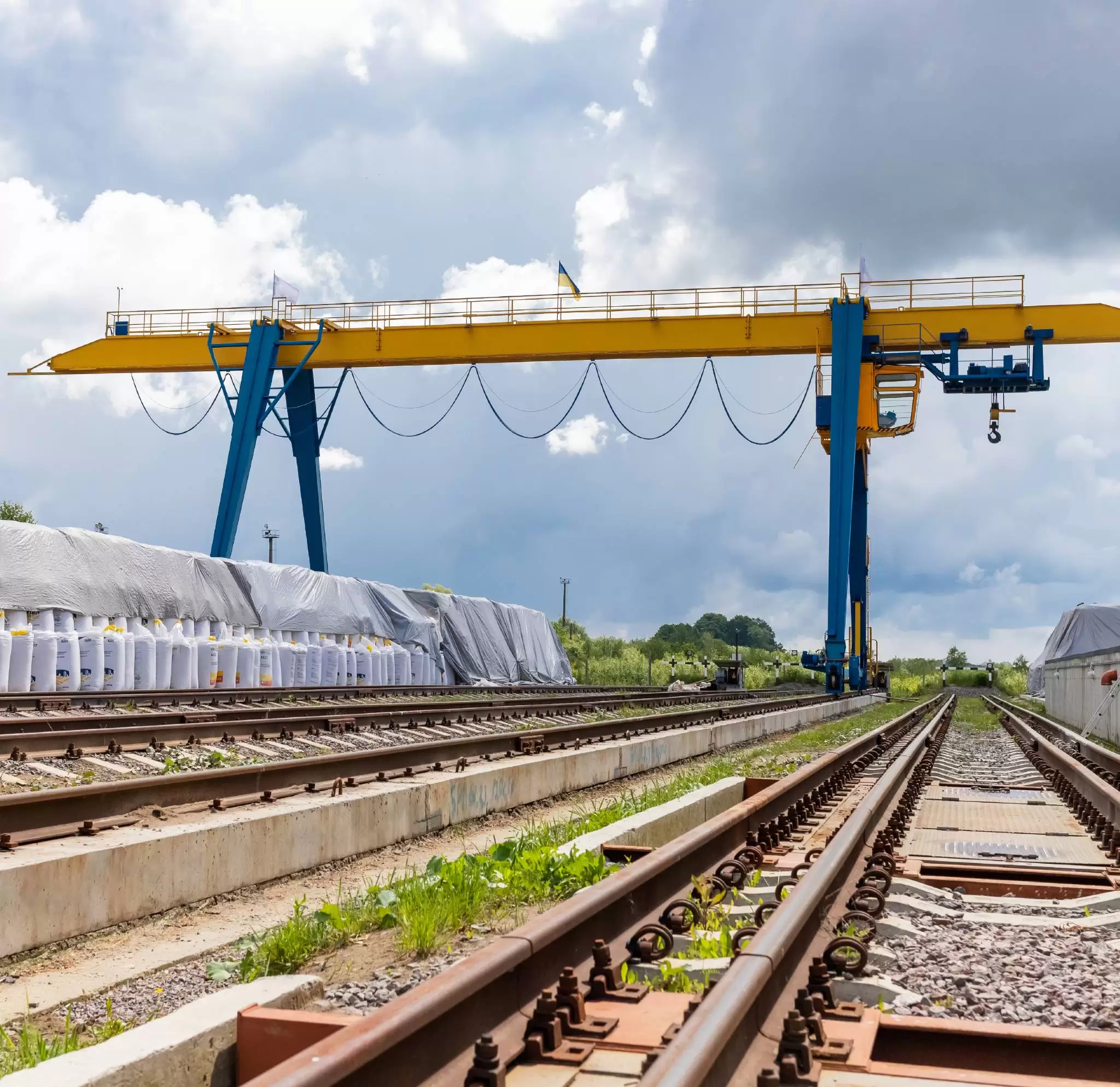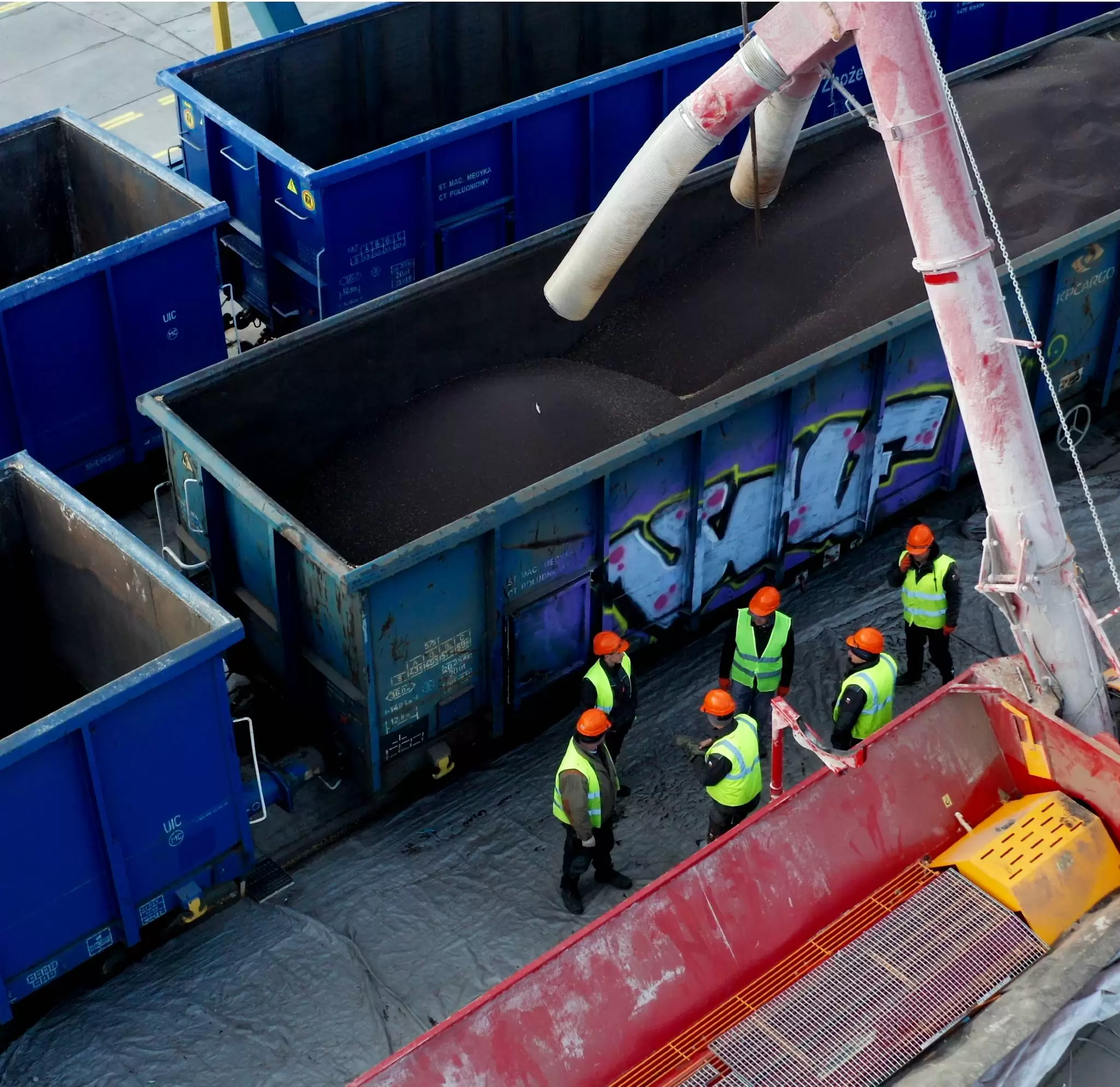
Advantages of railway transport over road transport that should be considered:
Cost-effectiveness. The railway has lower fuel costs compared to road transport, especially when transporting large volumes of cargo. It is also worth considering reduced costs on drivers and generally better rates for cargo trailer programmes.
Environmental friendliness. Trains burn less fuel than trucks. According to the Association of American Railroads (AAR), freight railroads can transport one tonne of cargo for 479 miles on one gallon of fuel on average. In addition, the use of railway transport instead of road transport can reduce greenhouse gas emissions by 75%.
Large volumes of cargo. The carrying capacity of railways is extremely high. Moreover, its capacity is flexible and can be easily increased by adding more cars.
Reliability. Railways have fixed routes and timetables and do not share their tracks with the public, as trucks do.
Safety. Railway is the safest mode of transport. The probability of accidents and breakdowns is minimal compared to other modes of transport. In addition, transport can be protected from the sun, rain, snow, etc.
Railway as part of an intermodal strategy
There are significant advantages to using railway transport as part of an intermodal strategy. Intermodality is the use of two or more modes of transport. When combining road and railway transport, trains are used for the long-distance part of the journey. Trucks are used for the delivery from the departure point to the terminal and then from the terminal to the destination.









